Advertisement
Music By 'The Other Mendelssohn' Once Ignored, Brought Back To Life
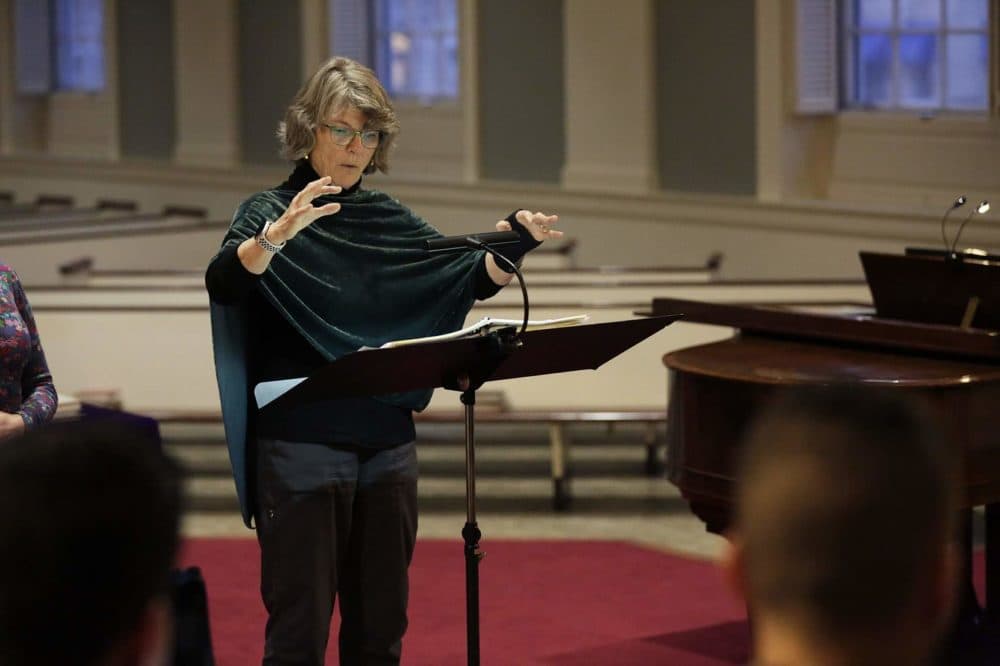
There’s a good chance you’ve heard of Felix Mendelssohn, the famed, wildly prolific 19th-century composer.
But what about Fanny?
This weekend, forgotten music written by Felix’s older sister Fanny Mendelssohn Hensel is being sung back to life in the Boston area. The unearthed works were all but lost for well over a century.
Their resurrection is choral director Amelia LeClair’s doing. She's a resident scholar of women’s studies at Brandeis University and also leads a local choral group dedicated to reviving classical music by women that’s been ignored.
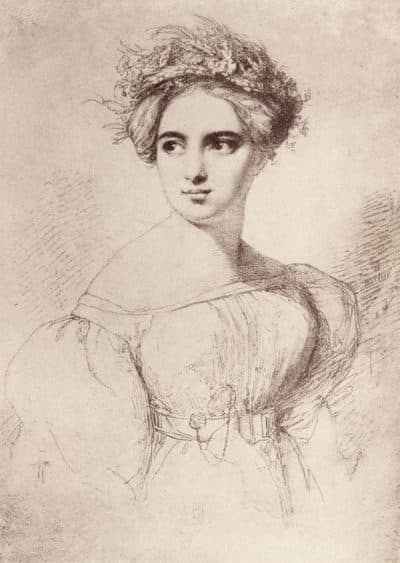
LeClair remembers exactly what sparked her mission decades ago.
“I was a composer who was told that there weren't any women composers,” she explained. "And I think I spent many, many years trying to figure out what's the biology of that? I don’t understand.”
Then somebody showed her a piece by Hildegarde Von Bingen, the 12th-century Benedictine abbess, saint, philosopher, polymath, herbalist and composer.
“And I said, ‘Oh, there's one!' ” LeClaire recalled. “And then somebody showed me some music by the Baroque nuns and I thought, ‘Oh my God, there's a whole treasure trove out there.' ”
That’s when she started Cappella Clausura. Since 2004 her musicians have been singing the praises of unsung female composers dating from the 9th century. Now it’s Fanny Mendelssohn Hensel’s turn.
Fanny’s younger, more-well-known brother Felix’s work has gotten tons of play since the mid-1800s. He’s been celebrated as a prodigy, but LeClair said Fanny was equally trained and accomplished. As the story goes, she could play Bach preludes from memory at age 12. A few years later LeClair says things changed.
Advertisement
“Her father said to her, ‘OK, Felix is going to go off and become a serious musician now,” LeClair recounted, “'and he's going to go through the world ... and you can't do that. Music has to be an ornament in your life because your first job is to be a mother and wife.' ”
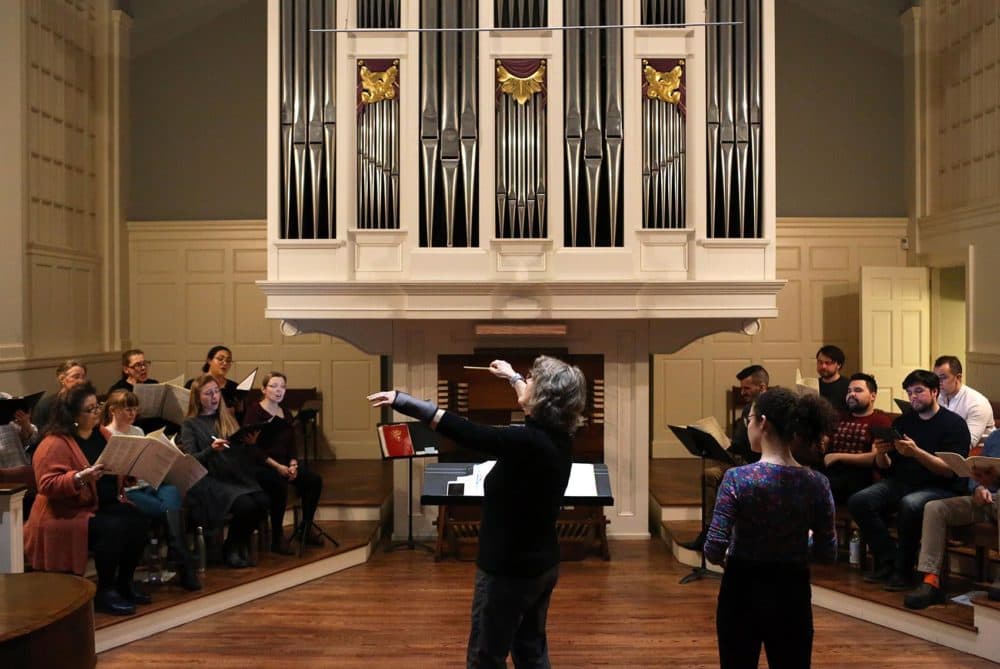
Fanny continued to play, she hosted salons, and she wrote. A lot. But publishing was forbidden. Her father and brother said it would be a stain on their upper-class family, LeClair said. But Felix respected Fanny’s intellect, and their musical relationship ran deep. They shared ideas and critiqued each other’s work.
At rehearsal a few days before the performances, LeClair stood at a podium leading 16 highly trained, paid musicians through “Oratorio on Words from the Bible" also known as the “Cholera Cantata.” Fanny wrote it in 1831 for victims of the cholera epidemic in Berlin. The piece for chorus and orchestra was forgotten after her death until LeClair said a scholar rediscovered the score in the 1990s.
“In the Mendelssohn archive, so it wasn't really hiding away, just nobody was looking,” LeClair explained, “It was actually performed once in this country in New York City, so we’re the second performance.”
Soprano Adriana Repetto is thrilled to sing Fanny’s work. She’s been performing with Cappella Clausura for 10 years and says Fanny’s music sits beautifully in the voice.
“She had an instinct for vocal line and for setting text,” Repetto said, adding, “It's beautiful writing.”
For Repetto, Fanny’s style harkens to Bach, Mozart, Beethoven...and to her brother, Felix.
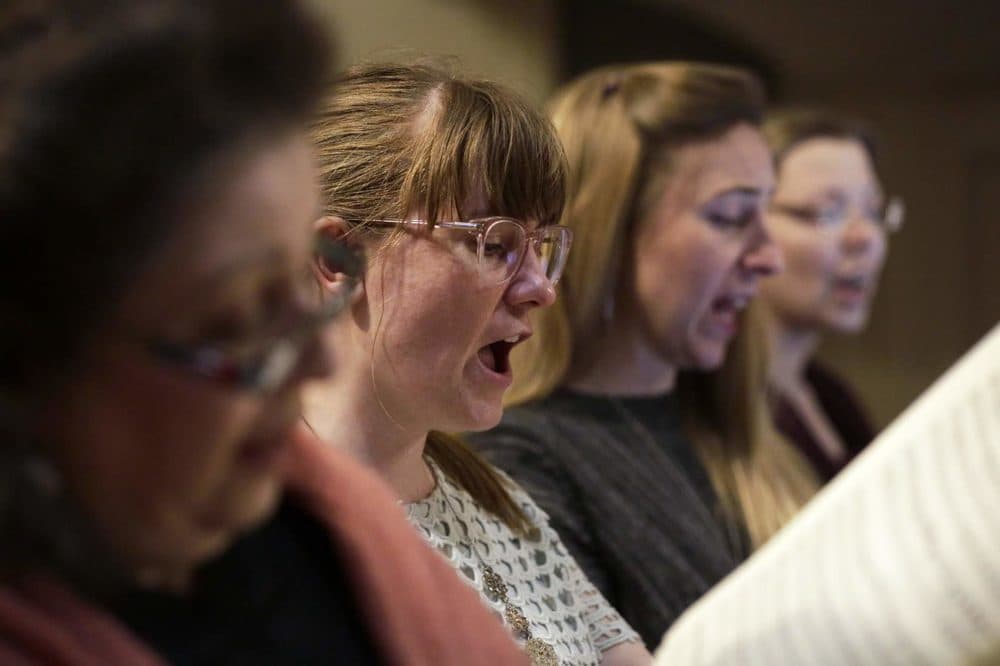
LeClair agreed, then pointed to her cantata, “Lobgesang" (different from her brother's piece with the same name) that includes words from the Book of John. Fanny wrote it for her son’s birthday.
“There is a line in it that she takes from John about when a woman is pregnant and about to give birth, and she gives birth in pain,” LeClair said, “but when the child comes, her life is all joy. Childbirth was very close to her mind. And then she ends the piece [and] you can almost feel her rocking her child asleep.”
While Fanny's ability to share her creative expression was limited because of her gender, LeClair said there was an upside. Men like her brother had to follow conventions, and their patron’s wishes. But women composers operating somewhat under-the-radar could take chances.
“They don't have a boss. They don't have a pope. They don't have a prince,” LeClair said, “They don't have an employer who's telling them these are the rules.”
You can hear Fanny bending the rules in “Hiob,” composed in 1831, with text from the Book of Job.
“She's got this one line where the singers are singing at a diminished fifth — otherwise known as ‘The Devil's Tritone,’ it's wacky,” LeClair pointed out laughing. “Nobody else would do that; Felix probably told her not to.”
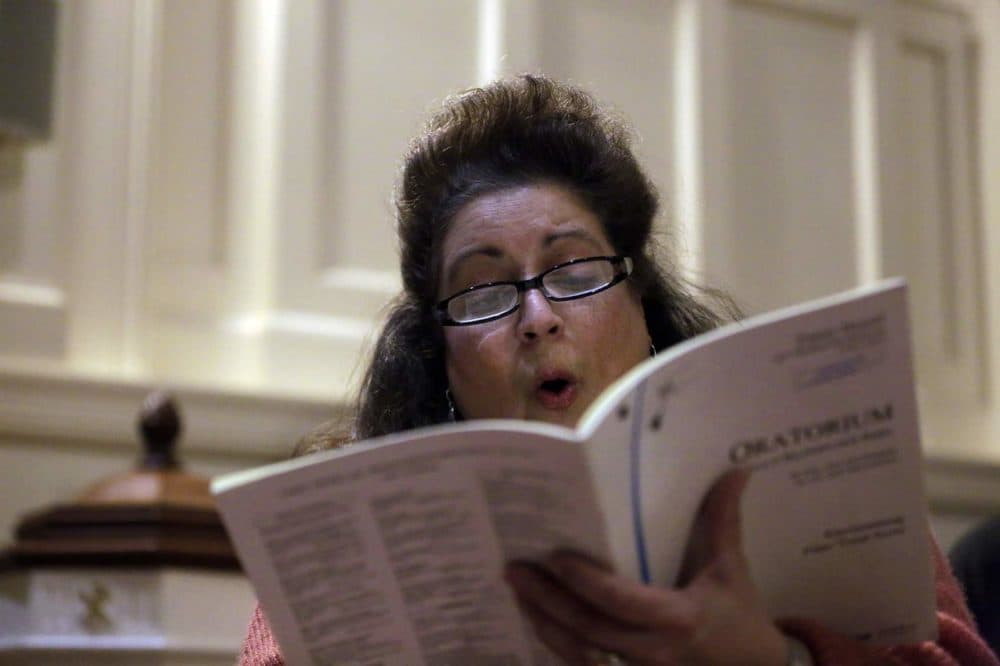
Fanny wrote hundreds of works during her life, but didn’t publish any until the year of her sudden death in 1847. She was just 41. Felix died six months later.
“They both had strokes, so it might have been a family thing,” LeClair said, “but he was heartbroken.”
It’s not clear if Fanny Mendelssohn Hensel ever got to hear her cantatas with full orchestra, LeClair said. But while she’s conducting, the choral director knows one thing for sure.
“I feel like I'm channeling her, totally,” she said with a laugh, “like, you know, Fanny we're doing it for ya! Really, I feel that way.”
LeClair feels that way about all the overlooked, worthy women composers from the past and the present.
Cappella Clausura performs three Cantatas written by Fanny Mendelssohn Hensel Saturday, March 30, at Emmanuel Church in Boston and Sunday, March 31, at Eliot Church in Newton.
This segment aired on March 29, 2019.
